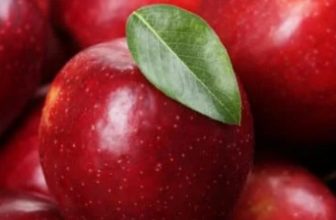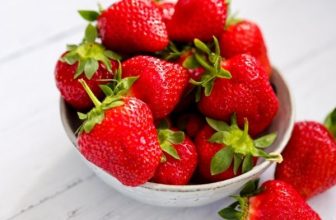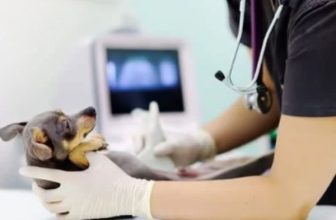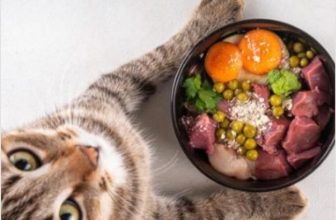Can Humans Eat Cat Food?
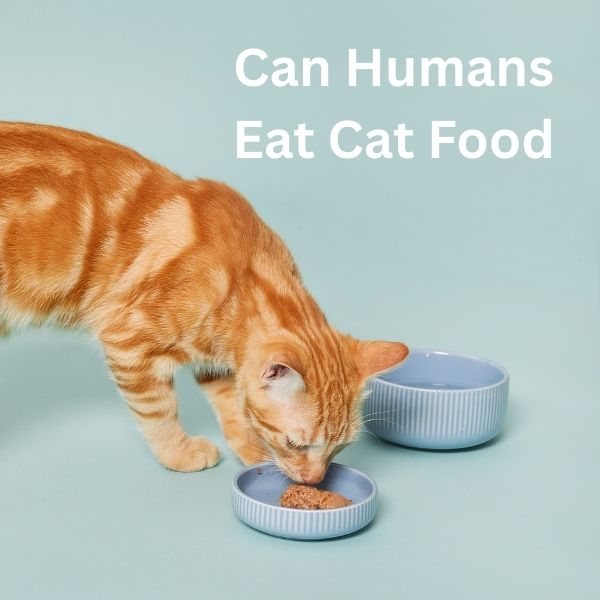
Whether humans can eat cat food is a question that comes up from time to time — the answer varies from “it depends” to “only in an emergency.” The concept may be strange, but we decided to investigate what exactly goes down when a person decides to eat their feline’s dinner – and whether cat food can ever be a safe or sustainable option for humans.
What’s Actually in Cat Food?
Why don’t humans eat cat food? Typical ingredients include:
- Meat by-products Meal (Chicken, Turkey, Beef, Fish)
- Fortified with extra vitamins and minerals (especially vitamin A and taurine)
- Oils (animal and vegetable fats)
- All drier types of carbohydrates (grain, rice, corn)
- Preservatives and flavourings
A few deluxe brands sell “human grade” cat food, which is arguably fit for human consumption. But most cat food is “feed grade,” and is held to lower safety and quality standards than food made for people.
Can Humans Eat Cat Food?
Short-Term Consumption
Should you nibble on cat food, or even enjoy a whole meal of it, you likely won’t suffer any ill effects, at least nothing immediate or life-threatening. Manufacturers make cat food safe for human consumption and inspect it to ensure it contains no dangerous pathogens. And since regulations stipulate that pet food must be shelf-stable — just like people food in cans and jars — some survivalists even think of it as logical emergency food.
But cat food is not made for the human palate. The taste and texture aren’t very good Most people find it unpleasant in taste and texture, saying it’s gritty and oily and bland. (For the record, canned cat food is typically safer than dry kibble because it is usually sterile and less prone to bacteria.)
Long-Term Consumption
BUT—Problems occur with regular or chronic use:
* Nutrient Imbalance: Cat food has far higher percentages of protein, some fats, and some nutrients, like vitamin A and taurine, that cats require but humans do not. Over time, this can result in vitamin toxicity, particularly vitamin A, which might result in feelings of nausea, headaches, irritability, and potentially even more severe health-related problems.
* Deficiencies: Conversely, some nutrients humans need are not present in cat food, but which cats do not require. Dependence on the staple might lead to deficiencies and associated health problems.
* Upset Stomach: The varied content of fat and protein can upset a human stomach causing nausea or diarrhea.
* Quality concerns: Feed-grade cat food may include by-products and other low-quality ingredients not fit for human consumption and may not be processed under the same sanitary conditions as human food.
What About Human-Grade Cat Food?
If cat food carries a “human grade” label, it contains ingredients that may look like food to us (though you still shouldn’t eat it. However, unless the entire production process-including packaging and storage-is regulated by the FDA or USDA as it is for human food, eating it can still make you or your loved ones sick. Even then, it is not nutritionally balanced for humans and should not be a staple part in the diet of humans.
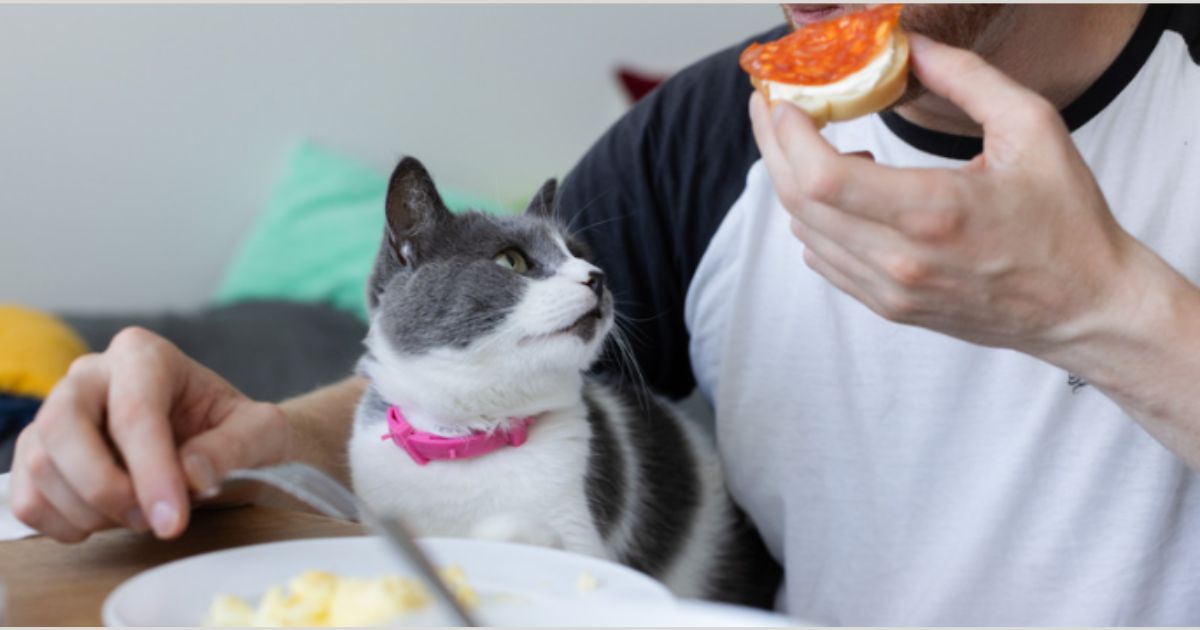
Why Cat Food Is Not a Healthy Substitute for Human Food
- Different Nutritional Needs: Cats are obligate carnivores and need certain nutrients such as taurine and arachidonic acid that humans can synthesize for themselves (or in large enough quantities). Cat food is formulated to meet these needs, not the human body.
- Potential for Harm: Consuming too much of some nutrients (such as vitamin A and taurine) can hurt humans over time.
- Lacking in Nutrients: Cat food doesn’t include the dietary fiber, vitamin C and other nutrients which humans need for long-term health.
- Quality and Safety: Most kibble isn’t held to the same high standards as human feed, so there is a risk for contamination and fillers.
Under What Circumstances Would a Human Eat Cat Food?
- Curiosity Some use it to satisfy their curiousty. One taste won’t poison you, even if it doesn’t meet satisfaction.
- Dares or Challenges It’s not rare to find out someone has eaten cat food after it was suggested during a game of truth or dare. Then again, a little is what it’s likely to hurt.
- Emergency Times Survival situation: In a pinch, calorie dense and protein rich cat food might make do, but it’s not a healthy, nor sustainable option for prolonged survival.
Frequently Asked Questions
Is it safe to eat cat food once or twice?
No, eating cat food once or twice will not hurt. None of them is dangerous to humans, but possibly you would suffer from some digestive problems because of its varied nutrient content and fat.
Is it possible to live off of cat food in a crisis?
Calories and protein are there if you need them, if you’re in a pinch, but cat food isn’t nutritionally complete for humans. Long-term dependence can result in an imbalance of nutrients or toxicity.
And what is the difference between human-grade and regular cat food?
Human-grade cat food includes ingredients that are safe for people to eat, but unless the entire production process meets standards set for human food, it still isn’t safe for people. Regular cat food is “feed grade” and can be made with lower-quality by-products.
What are the potential health hazards of consistently eating cat food?
Taking too much vitamin A will be toxic for us, taurine and fats is too much for us and we are going to miss some essential nutrients for us, but not for cats. This may cause a number of health problems, from digestive upset to significant organ damage.
Which pet cat food is safe for humans?
Companies do not manufacture cat food specifically for humans, and you certainly avoid eating it because it doesn’t taste good and doesn’t meet our nutritional needs. Even “human-grade” battery-cage cat food isn’t generally suitable for people.
Manufacturers still design these products for cats, and they may not follow the same safety or nutritional standards required for human food.
Final Thoughts
Cat food in general is not something toxic to humans but eating it every day out of curiosity or only if you had to isn’t going to cause you any kind of immediate harm.But it’s definitely not a suitable or healthy permanent substitute for human food.
Manufacturers formulate cat food to meet the specific nutritional needs of cats, not humans, and if you consume it for an extended period, you can develop nutritional imbalances, deficiencies, and even toxicity.
. There are different quality control and safety standards for pet food compared to food consumed by humans, which adds yet another risk level.



